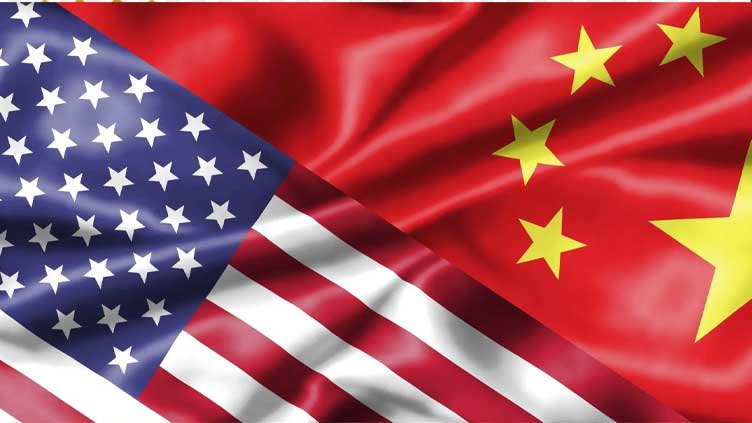Chinese firms avert delisting as US audit watchdog gets full inspection access

Business
Chinese firms avert delisting as US audit watchdog gets full inspection access
NEW YORK/HONG KONG (Reuters) - The US accounting watchdog on Thursday said it has full access to inspect and investigate firms in China for the first time ever, removing the risk that around 200 Chinese companies could be kicked off US stock exchanges.
The statement from the Public Company Accounting Oversight Board (PCAOB) marks a victory for US regulators and a relief for Chinese firms, including Alibaba, facing delisting amid rocky relations between the world s largest economies. Washington and Beijing have been locked in a heated trade and technology war.
However, the relief was not seen in Thursday s trading for U.S.-listed shares of Chinese companies, which were higher amid the news, but gave up gains and some ended sharply lower.
US-traded shares of Ecommerce giants Alibaba (BABA.N), , JD.com (9618.HK) as well as internet behemoth Baidu were down between 3-5% while music streaming provider Tencent Music was down 3.5%, more than the broader market where the S&P 500 Index was down 2.5%. The iShares MSCI China ETF was down 2.2%.
There were some concerns voiced about what issues the audits might uncover.
Tim Ghriskey, senior portfolio strategist at Ingalls & Snyder, said the move should take "one of the risks, theoretically off the table of investing in them."
However any issues uncovered due to the more stringent accounting oversight "could be very bad for the sector, especially if there is then no effort to correct it or come clean," he said.
In its statement, the PCAOB said it exercised sole discretion to select firms for audit and had selected two, KPMG Huazhen LLP in China and PricewaterhouseCoopers in Hong Kong.
PCAOB staff identified "numerous potential deficiencies" in their inspection work, PCAOB s Williams said, saying the inspection reports will be finalized and made public next year.
"Today’s announcement should not be misconstrued in any way as a clean bill of health for firms in mainland China and Hong Kong," she said.
She declined to specify the types of deficiencies, but said they are in line with those audit inspectors have seen during first-time inspections elsewhere.
PATH TO AUDIT
The PCAOB, which oversees registered public accounting firms around the world, said late last year said that Chinese authorities had prevented the watchdog from completely inspecting and investigating in mainland China and Hong Kong.
Washington and Beijing reached a landmark deal in August to settle a long-running dispute over auditing compliance of U.S.-listed Chinese firms. Authorities in China have long been reluctant to let overseas regulators inspect local accounting firms, citing national security concerns.
U.S. lawmakers in 2020 agreed to legislation that would oust Chinese companies from U.S. stock exchanges unless they adhere to American auditing standards.
The deal granted PCAOB full access to Chinese audit working papers with no redactions, the right to take testimony from audit company staff in China and sole discretion to select what companies it inspects.
Investors and attorneys have been awaiting news from the PCAOB on whether U.S. inspectors received the access promised.
Sources previously told Reuters U.S. officials had gained "good access" to all the information they requested during the seven-week inspection.
The determination announced on Thursday resets a three-year clock for compliance, said Gary Gensler, the chair of the Securities and Exchange Commission, which oversees the PCAOB.
In a statement, he said: "Chinese authorities will need to give PCAOB "full access for inspections and investigations in 2023 and beyond."

